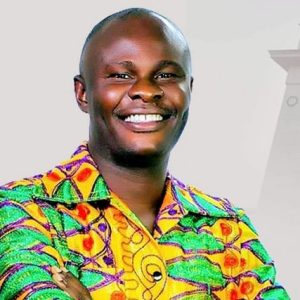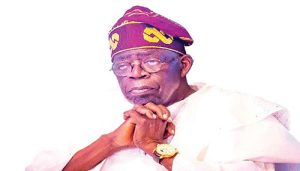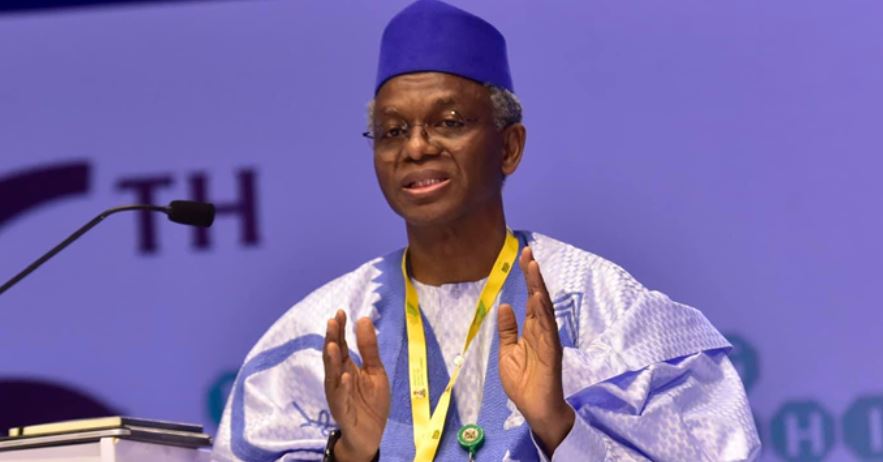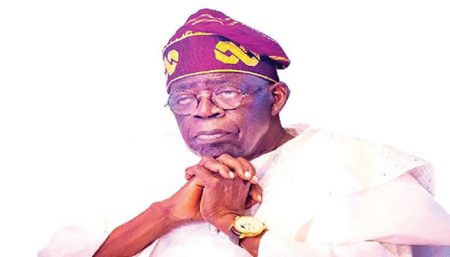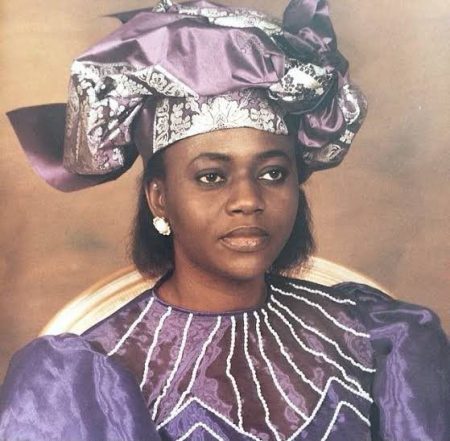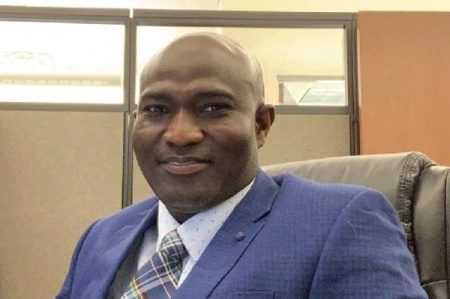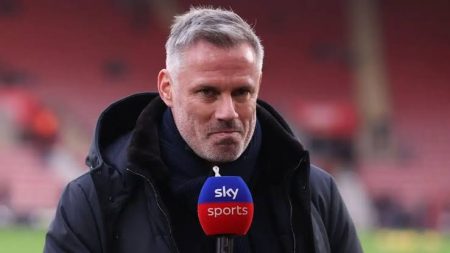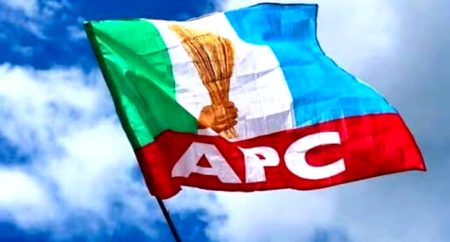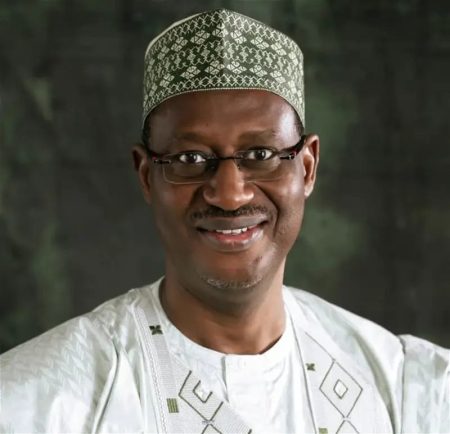Nasir El-Rufai, the former governor of Kaduna State, marked his 65th birthday with a blend of gratitude and pointed commentary directed at those who appeared hesitant to celebrate him. He acknowledged the overwhelming outpouring of well-wishes from friends, associates, and admirers, expressing humility and gratification for their prayers and kind words. Recognizing the sheer volume of messages, he explained his inability to respond individually, opting instead for a comprehensive message of thanks. While striving to acknowledge every message through reposts and shares on social media, he humbly admitted the possibility of unintentional omissions, attributing any such oversight to human fallibility rather than a lack of genuine appreciation.
El-Rufai’s message, however, took a subtly sardonic turn as he addressed those who seemed to require a presidential nudge before extending their birthday greetings. He playfully chided these individuals, suggesting that they were spurred into action only after President Bola Tinubu’s public acknowledgment of his birthday. This gentle jab, while seemingly lighthearted, hinted at underlying political dynamics and perhaps a perceived reluctance among some to publicly associate with him. He nonetheless extended his gratitude to all, including this latter group, emphasizing a magnanimous spirit despite their apparent initial hesitation.
The former governor’s statement transcended mere acknowledgment of birthday greetings. It reflected a broader theme of prayer and well-wishing, not only for himself but also for the nation. He invoked divine blessings upon all who had extended their felicitations, expressing hope for continued prosperity and happiness. This extension of goodwill beyond personal celebration underscored a sense of responsibility and concern for the collective welfare, reflecting a statesmanlike demeanor.
El-Rufai’s concluding remarks articulated a vision for Nigeria’s future, envisioning a nation characterized by progressive governance, robust democratic principles, and equal opportunities for all citizens. This aspirational outlook further solidified the message’s transition from a personal expression of gratitude to a broader commentary on national ideals. He prayed for extended life, health, and happiness, but crucially, framed these personal aspirations within the context of a flourishing Nigeria. This intertwining of individual well-being with national progress served as a powerful concluding sentiment.
The statement, ostensibly a birthday acknowledgment, functioned on multiple levels. It served as a platform for expressing gratitude to well-wishers, a gentle rebuke to those perceived as hesitant in their celebrations, and a declaration of hope for national progress. This layered approach allowed El-Rufai to simultaneously address personal and public matters, demonstrating an ability to navigate the intricacies of political life while maintaining a gracious and forward-looking perspective.
In essence, El-Rufai’s birthday message encapsulated a complex interplay of personal appreciation, political undertones, and national aspirations. While thanking those who celebrated him, he subtly addressed perceived political slights, ultimately weaving these personal reflections into a broader message of hope for Nigeria’s future. This nuanced approach, blending gratitude, gentle chiding, and a vision for national progress, showcased a seasoned politician’s ability to leverage a personal occasion for broader commentary on the state of affairs.


